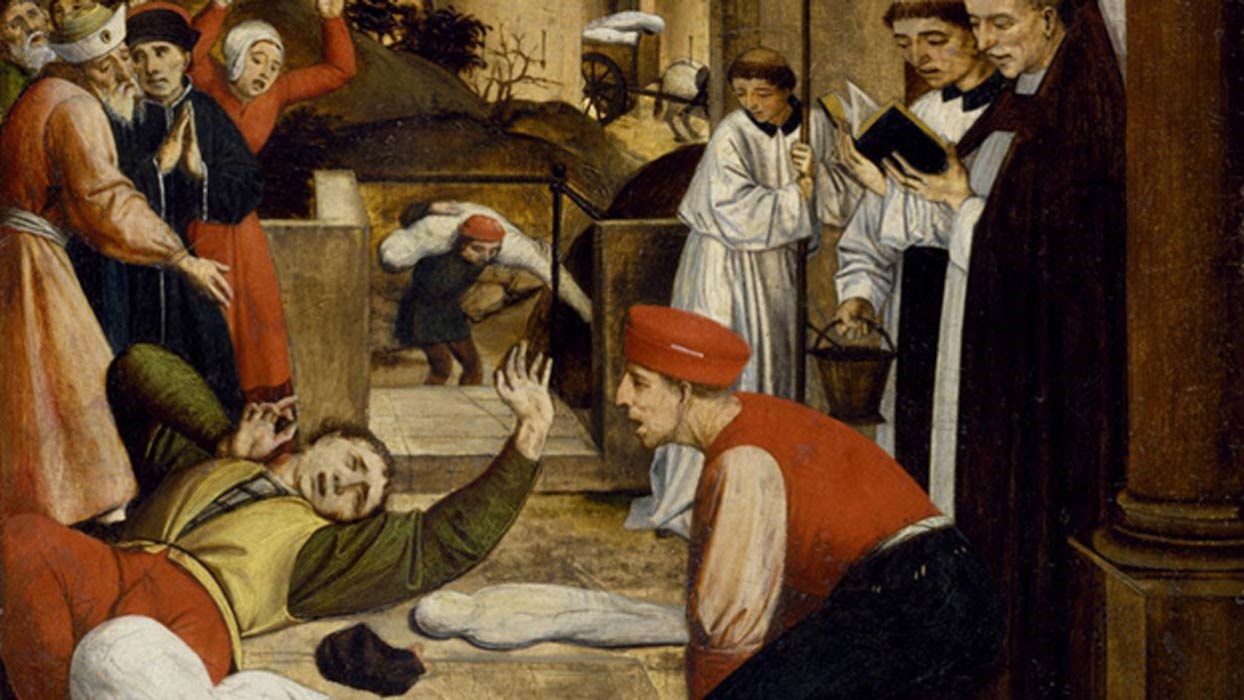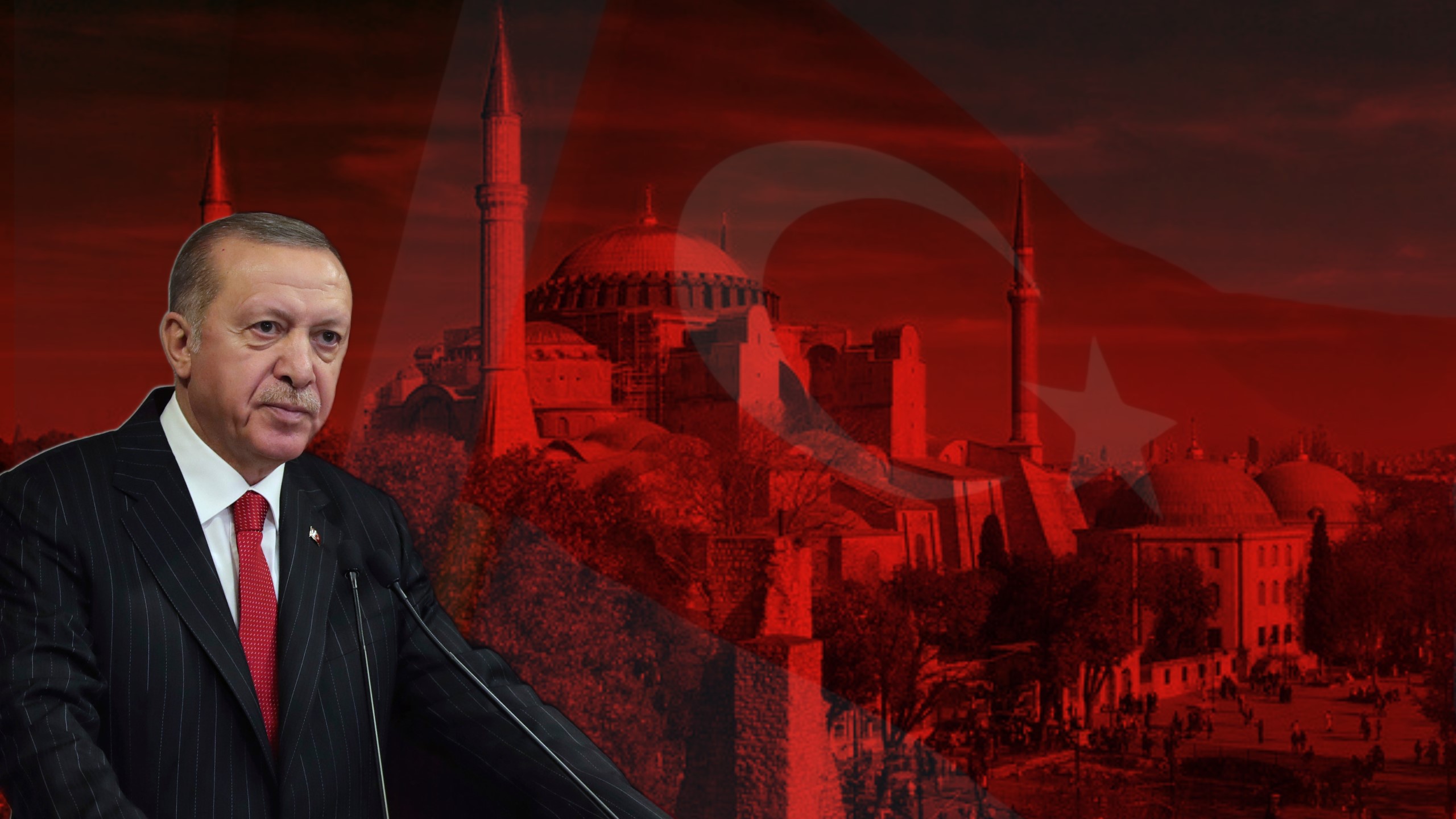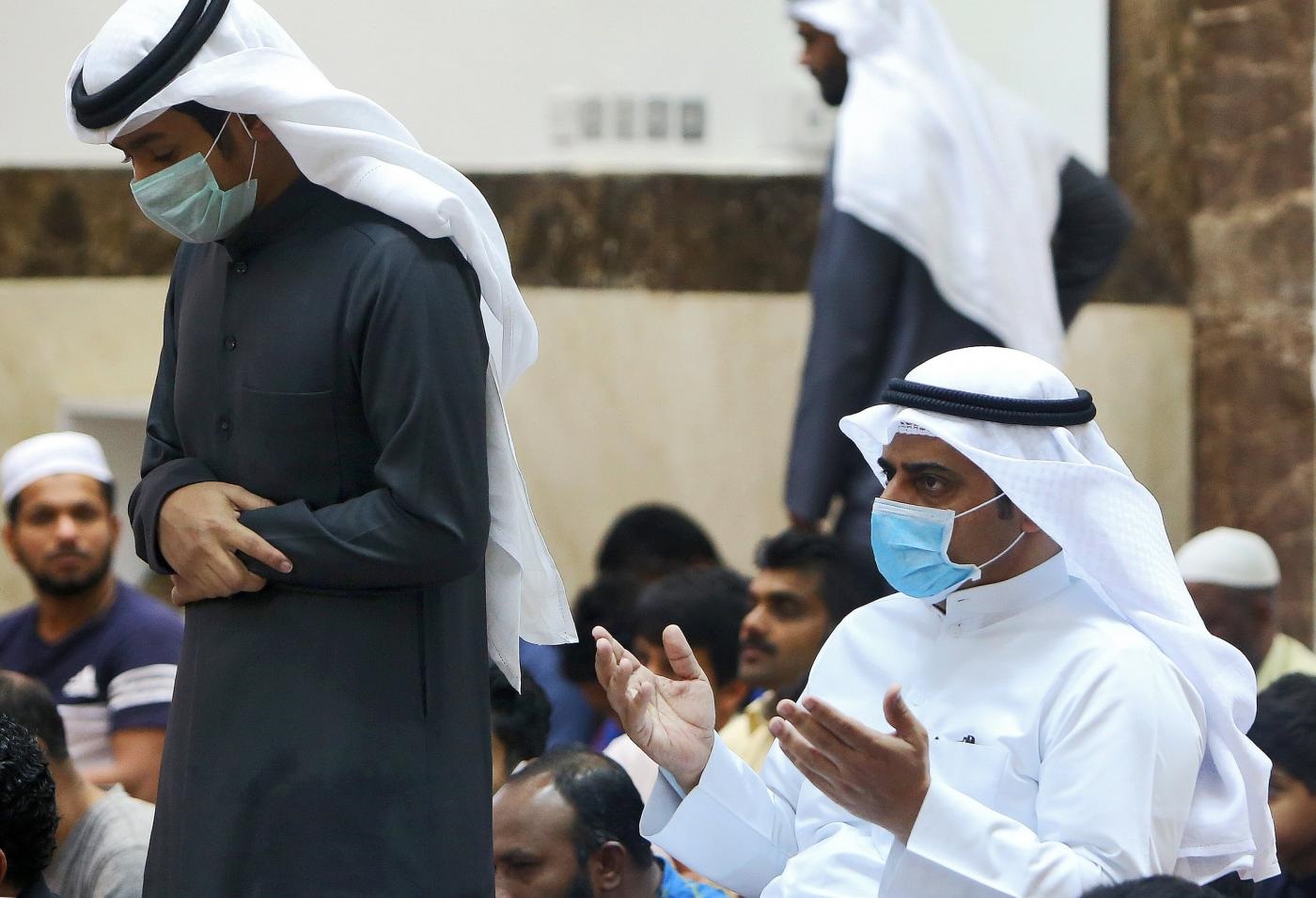The World Health Organization (WHO) has confirmed the spread of the 2019 Coronavirus Disease outbreak (COVID-19) as a pandemic since 11 March 2020.
Pandemic itself, terminologically, comes from Greek terms: pan which means all; and demos which means people. The status of an infectious disease will be upgraded from an epidemic to a pandemic when its spread has crossed national and continental borders, and its deadly effects have endangered human beings in infinite numbers.
Pandemic is not a new thing in the history of mankind, it has repeatedly existed.
The 20th century noted that the status of a pandemic often associated with outbreaks of flu, such as the Spanish Flu of 1918 which killed approximately 50 million people in the world, the Asian Flu of 1957-1958 which caused 1.1 million deaths, and the 1968 Hong Kong Flu with no less than casualties 1 million inhabitants.
The largest pandemic recorded in the history of mankind started since the 6th century AD. There was a pandemic outbreak whose fatality rate was 70 to 100 percent. Michael W. Dols (1974), in his article Plague in Early Islamic History, reviewed three major pandemics that afflicted humanity, namely: the Plague of Justinian (Plague of Justinian) (541-542 AD), Black Death (1347-1351), and the Bombay Plague (1896-1897).
It does not mean that there are no more pandemics or epidemics. It is not easy to know exactly how deadly the plague was in the three pandemic situations above. What is clear is that the world’s population dropped dramatically after that; so do the social, cultural and economic patterns of life.
Religious Narratives on Pandemic
Then, what is the relationship between pandemic and religious narratives? It turns out that the history of pandemics often gives birth to narratives that illustrate the tendency of religious community attitudes and behavior in responding to such disastrous disease.
For example, currently amidst of the government’s efforts through Ministries and Institutions, as well as the actions of various parties to cope with the impact of the COVID-19 outbreak in accordance with world health standards, there is still a narrative and action in the name of religion that is actually counter-productive to the logic and education that medical experts provide .
“I am more afraid of God”, “If He is already present, everywhere will die”, or “the plague is God’s trial, we must get closer to Him, not away from Him”. At a glance, the narrative sounds right. Religion is clashed with logic. However, this perspective usually keeps people away from being cautious.
In fact, medical authorities recognize that there is no vaccine that can prevent COVID-19 so far. The only effort we can do is to avoid being infected. The doctors agreed that the pattern of transmission of COVID-19 is through contact between people (person-to-person spread), as well as through small drops from the nose or mouth when someone infected with this virus sneezes or coughs.
Therefore, an effective way to prevent its spread is by breaking the chain of transmission of COVID-19 from person to person at close range. We then get to know the term social distancing. On March 15, Indonesian President Joko Widodo translated the social distancing into a call for “work from home, learn from home, and worship at home” for 14 days until the outbreak of the crisis subsided.
Suddenly the appeal was reaping the reaction of some religious communities. The narrative spread that the call was tantamount to eroding faith, doubling the fear of God. Moreover, worship at home means emptying the house of worship, reducing friendship, and distanceing yourself from God.
Corona virus is narrated as a conspiracy of demons to plunge humans. “We are not afraid of Corona, we are more afraid of God,” this phrase was repeatedly encouraged. At first glance it seems the spirit of religion, but actually it keeps away from the essence of religion, which is to glorify humans, and maintain even the lives of one another.
In the context of Muslim societies, the narrative became more prominent when the Indonesian Ulama Council (MUI) issued fatwa no. 14 of 2020 concerning “Organizing Worship in Situations of the COVID-19 Plague”. In the fatwa, the MUI, among others, called for the abolition of Friday prayers and other worship services at the mosque located in the ‘red zone’ COVID-19.
Instead of obeying, some consider the fatwa to be “a phobia with the mosque”. The congregation was even called upon to promote the prayer movement in congregation even in the midst of the Corona outbreak. The call of MUI and Islamic mass organizations also seemed to not work.
If we investigate deeply, Arab sources actually have recorded well how the Prophet Muhammad and his companions responded to the pandemic. The Prophet and his companions did not then challenge the plague in the name of tawhid (monotheism), or act recklessly in the name of “only fearing Allah”.
They were actually motivated to teach that the essence of religion is to maintain humanity, the maqasid shari’ah is hifz al-nafs. That is the real tauhid (monotheism).
History recorded that some of the leading medieval Muslim scholars also experienced pandemics, or what they called tha’un, and it was extremely deadly. Ibn Hajar al-Asqalani (d. 1449 AD) for example, he lost 3 (three) beloved daughters due to tha’un plague: Fatimah, ‘Aliyah, and Zin Khatun the eldest who was even pregnant.
Then, what did al-Asqalani do then? He wrote a work and dedicated it to remind others about the language of tha’un. Al-Asqalani wanted the deaths of his three daughters not to be in vain; they must be martyred for other human lives.
Al-Asqalani also wrote the book “Badzl al-Ma’un fi Fadhl al-Tha’un“. He stayed away from surrender to God’s destiny. He treated the plague pandemic as ‘inspiration’. He also expressed his views and attitudes towards rational religiousity in understanding the plague.
Al-Asqalani’s work was published by a philologist named Ahmad Ishom Abd al-Qadir al-Katib. He reviewed in detail the definitions of tha’un, both metaphysically and medically, the types including Black Death in Europe, medical experts’ views of tha’un, how to avoid it, shaheed status for victims, and about how Muslims should respond to the plague.
Learning to Deal with Pandemics from History
Europeans have experienced a dark period due to the fanatical attitude of some religious people responding to the pandemic of the Black Death. When European authorities run out of ideas to overcome the plague, people are desperate; they began to associate that the Jews were bringing disaster, that made God angry.
This narrative succeeded in provoking extreme groups in interpreting religion. Conflict ensued, thousands of Jews were executed.
Read also: Prayer from Habib Ali Al-Jifri amidst Coronavirus Outbreak
Facing Corona, religious experts need to more closely join hands with medical and health experts to jointly convince the public that history has proven, pandemic outbreaks do not know religion, race, age, gender, and social class. It does not choose. It will attack everything, and therefore, we must face it together.
Let’s learn from history, let’s learn from the teachers of the past. In a disaster situation, a complete way in practicing religiousity is not by ignoring the safety of others, but by guarding it through various means, one of which is social distancing. Tauhid (being monotheism) is believing that He is Absolute, He Created, He is also Absent. We must pray, while still obeying reason and logic by continually striving.
Translated from the origin article https://islami.co/sejarah-pandemi-dalam-narasi-agama-agama/ written by Oman Fathurahman on March 21, 2020.
![Islami[dot]co](https://en.islami.co/wp-content/themes/jambualas/images/logo.png)










